 A good way to learn more English words is to study one new word every day. Here is a good website – The Britannica Dictionary (Previously called “Learner’s Dictionary”) that teaches you a new word or common expression every day. Start Today!
A good way to learn more English words is to study one new word every day. Here is a good website – The Britannica Dictionary (Previously called “Learner’s Dictionary”) that teaches you a new word or common expression every day. Start Today!
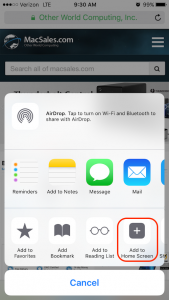 To make it easier to use on your phone or tablet, put a website shortcut button on your home screen that will go right to the Word of the Day. Here’s one way of how to do that for Apple and Android.
To make it easier to use on your phone or tablet, put a website shortcut button on your home screen that will go right to the Word of the Day. Here’s one way of how to do that for Apple and Android.
Many Cultures, One Heart
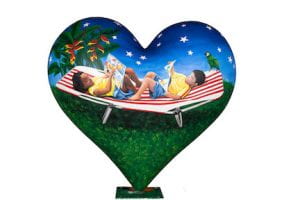
If you’re driving around Framingham, you will probably see one or more hearts, decorated by local artists. These represent the wide diversity of people in the city.
Here’s a 14-minute video about the painting/design of some of the hearts. And here’s a map of where to find them: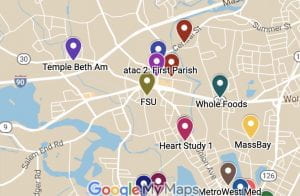
Organized by the Framingham Centre Common Cultural District
Wordle
WORDLE is a very popular free word game right now. Play on your computer or phone – with no app needed, and no ads. You can only play it once each day.
Goal – you try to figure out the secret 5-letter word by using up to six other 5-letter words.
You probably need a pretty good vocabulary to do well in this game.
Video showing how to play:
The Dead of Winter
The dead of winter means: the middle of winter, usually the coldest part
Here’s a word search puzzle with winter vocabulary.
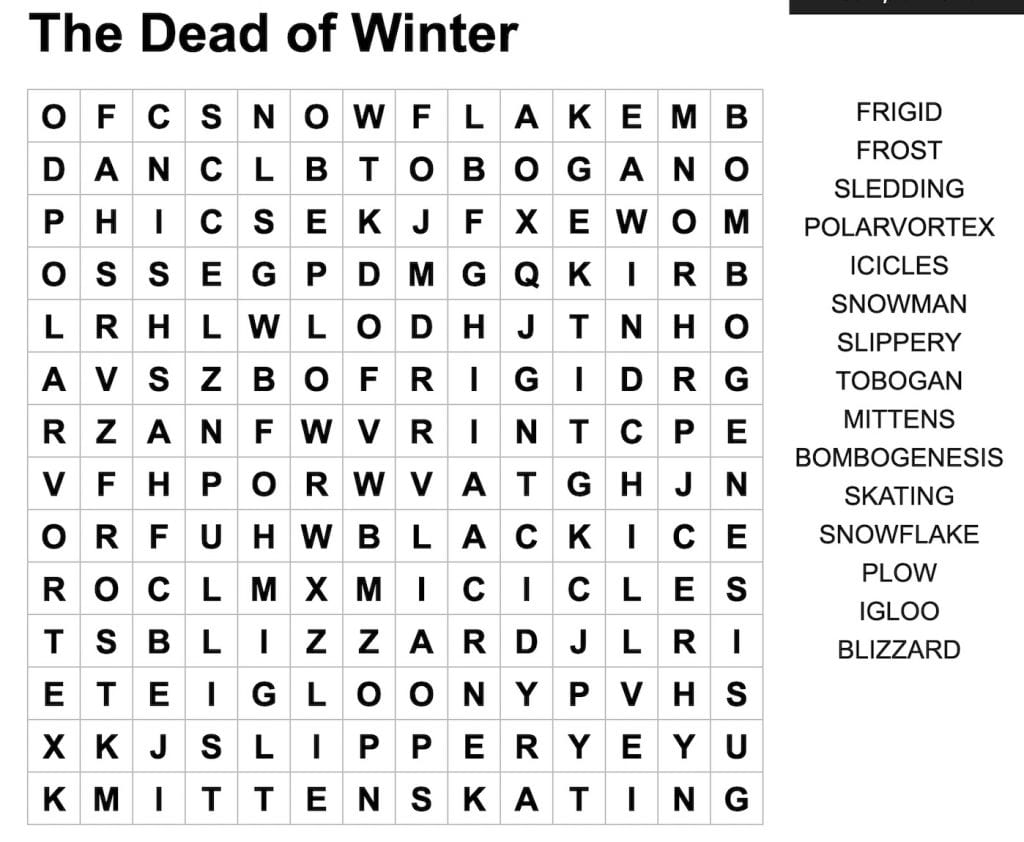
You can also try it online here, where it will give you hints if you get stuck (by clicking on one of the words)
Fun or Funny?

Don’t say:
– My vacation was really funny.
– We did lots of funny things together, like partying and going to the beach.
Say this:
– My vacation was really fun.
– We did lots of fun things together, like partying and going to the beach.
Remember:
- Fun is something (or someone) that you enjoy. We all had fun at the picnic. He’s fun to be with.
- Funny is something (or someone) that makes you laugh. He knows a lot of funny jokes. Three funny movies (comedies) are Airplane, Blazing Saddles, and Monty Python and the Holy Grail
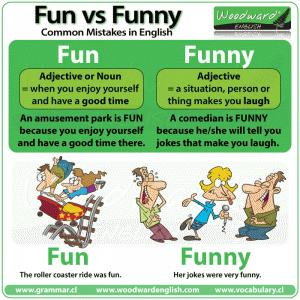
Memorial Day
March – In Like a Lion, Out Like a Lamb
This is an old expression about the month of March – how the weather is cold and unpleasant at the beginning of the month, and then warmer and more comfortable at the end.
Here’s a children’s story about it:
Try reading it out loud to your child (or just yourself). It’s good practice.
You can also buy the book here, or borrow it from your library.
Where’s the Monkey?
 In, on, under… these small words are used to describe where someone or something is.
In, on, under… these small words are used to describe where someone or something is.
- In the first picture, the ball is in the box.
- In the second picture, the ball is on the box.
Here’s a silly, short kids’ video that can help you remember which word to use.
And here’s a little lesson on these words – called “prepositions of place”.
Finally, here is a description of many more prepositions of place, and a quiz.